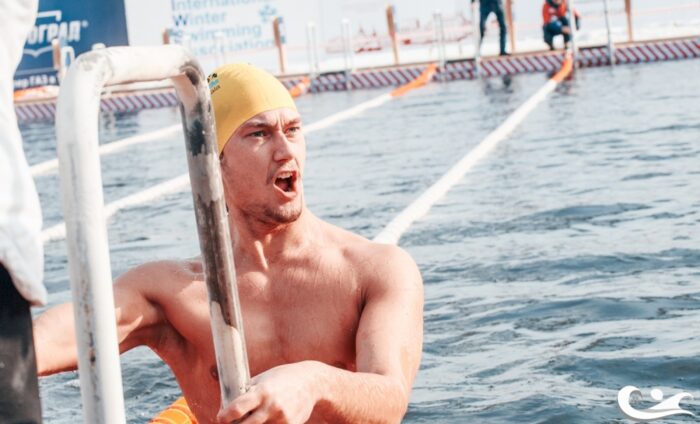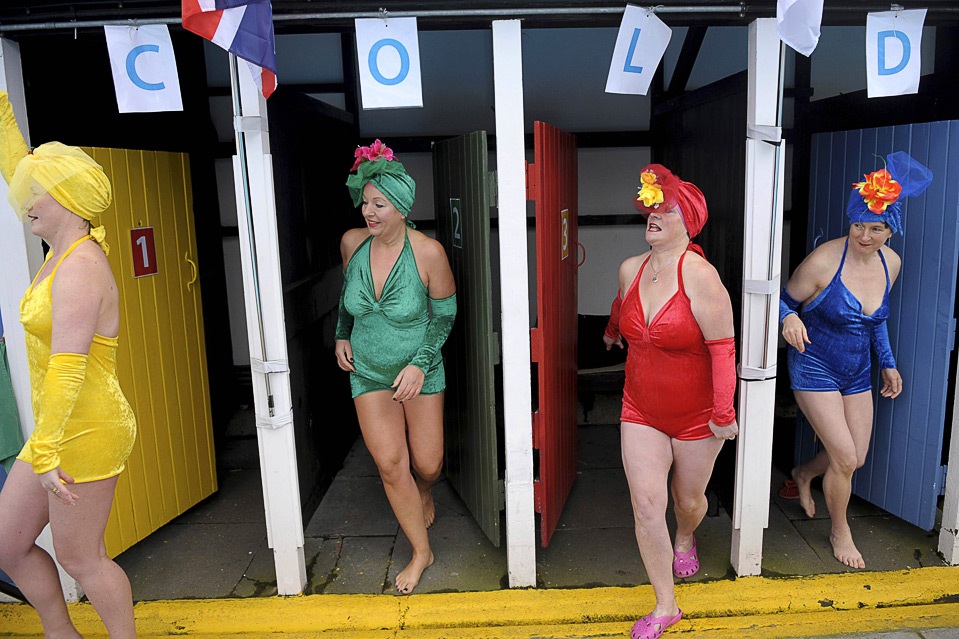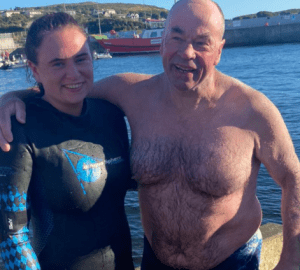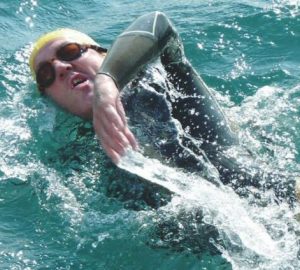
‘N’ice to know
It may seem strange to be reading about winter swimming in summer, but last winter more of you seemed to catch the winter swimming bug than ever, and we don’t mean that in a bad way.
I’d like to take this opportunity to introduce those of you with the bug (and those of you who are still to be converted) to the International Winter Swimming Association (IWSA). The IWSA is the original, global organisation dedicated to hosting and developing safe, winter swimming events.
In 2008, Mariia Yrjö-Koskinen from the Finnish government sporting organisation ‘Suomen Lato’ founded the IWSA with the objective of raising awareness and interest in winter swimming throughout Europe and the world. Winter swimming has always been a part of Finnish culture (much like the sauna), and has been used for generations as a form of therapeutic exercise during winter months. Winter swimming competitions, similar to the competitions we run today, have also been held in Finland for over 25 years. Maaria soon realised that it wasn’t just the Finnish with an appetite for the cold. She brought Aleksandr Jakovlev on board from Latvia, and myself from the UK, to help her grow and run the organization.
In 2008, the licence for running a World Championship was given to the South London Swimming Club at Tooting Bec Lido in London. Men and women of all ages shapes and sizes flooded into Tooting, brandishing homemade hats – from the sublime to the ridiculous – to embrace the spirit of the competition: the idea that everyone can take part, that cold water swimming is not necessarily about racing and winning, but about participation, life-affirming health benefits, enjoying the elements and having fun. Since 2008, competitions have been held on a biannual basis in Slovenia, Latvia, Finland and Russia.

Swimmers at the UK Cold Water Championships in Tooting, London
I’m sure many of you are whooping for joy as your local ponds, lidos, rivers and swimming spots warm up into double figures for summer – however, I do get asked by some people whether it’s possible, or necessary, to remain acclimatised to cold water over summer in preparation for next winter’s season. The simple answer is to keep swimming outdoors. It doesn’t really matter that the water is going to be a lot warmer than it would be in winter – you are still going to be putting your body through the motions of swimming in the open air, and if you keep swimming throughout the summer into winter, this is by far the best way to adapt to the cooler temperatures as the water cools down again. In a way, if you’re new to winter swimming, as odd as it sounds, summer is the best time to start! That being said, it’s important to remain aware of your limits. Open water swimming spots in the UK are still cool, so ensure you never swim alone and don’t stay in for too long.
Get involved!
The IWSA ensures that events are run safely and responsibly. These events are open to all ages and abilities and are a fantastic way to meet like-minded individuals and see new parts of the world in a very unique way. The IWSA has become increasingly aware of the large differences in both air and water temperatures experienced by swimmers, and as such there are now three classification categories for championship events which take into account these temperature differences. Event distances available range from 25m to 1km, and the longer distances of 450m and 1km are available depending on air and water temperatures.
If you are tempted to swim through the summer into winter, and would like something to aim for, you can find all IWSA-approved events listed at http://iwsa.world/iwsa-events/. Upcoming events include the Open Winter Swimming Championships in Latvia, the 6th Scandinavian Winter Swimming Championships, the 8th Winter Swimming Festival Pirita Open in Estonia, the Big Chill Swim in Windermere, UK, and the 7th UK Cold Water Swimming Championships in Tooting Bec Lido, London. We hope to see you at an event next season!








